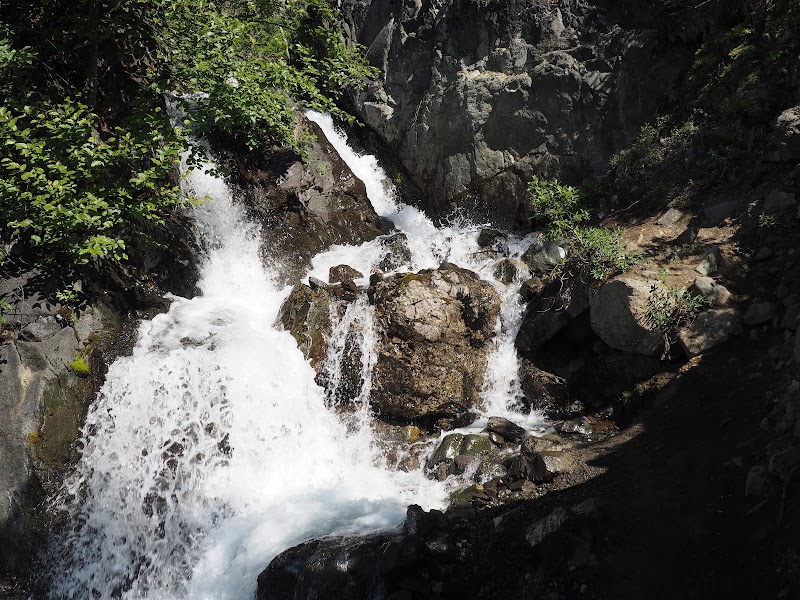
Wrangell-St. Elias National Park Adventures
Wrangell-St. Elias National Park in Alaska is the largest national park in the United States, offering vast wilderness, towering mountains, and diverse glacial landscapes for outdoor enthusiasts and adventurers.
About Wrangell-St. Elias National Park

Wrangell-St. Elias National Park spans over 13 million acres in southeastern Alaska, making it the largest national park in the U.S. The park encompasses a rugged landscape of towering peaks, massive glaciers, deep river valleys, and expansive tundra. It contains some of the highest mountains in North America, including Mount St. Elias, Mount Wrangell, and Mount Blackburn. The park is also part of a UNESCO World Heritage Site due to its outstanding natural values. Ecologically, the park supports a range of wildlife such as brown bears, Dall sheep, caribou, wolves, and numerous bird species. Rich in mining history, the park surrounds the historic Kennecott Mines, once a major copper mining operation, which now serves as a popular visitor attraction. Outdoor recreation covers activities like hiking, mountaineering, flightseeing, backpacking, and glacier trekking. The park’s remote location means many visitors arrive by plane, small boat, or via long, unpaved roads, emphasizing solitude and wilderness experience. The diverse terrain includes wild rivers like the Copper and Nizina, providing opportunities for fishing and rafting. Visitors are drawn by the park's vast scale and dramatic landscapes, offering a true Alaskan wilderness adventure rarely matched elsewhere.
Highlights
Mount St. Elias – Second tallest peak in the United States at 18,008 feet
Kennecott Mines National Historic Landmark – well-preserved early 20th-century copper mining town
Root Glacier – accessible glacier for hiking and ice climbing near McCarthy
Wrangell Mountains – a volcanic mountain range featuring active volcano Mount Wrangell
Notable Natural Features
Mount Wrangell
An active shield volcano standing at 14,163 feet, surrounded by a caldera and one of the most prominent peaks within the park.
Kennecott Mines
Historic, abandoned copper mining buildings and town maintained as a National Historic Landmark, accessible via hiking or flightseeing.
Malaspina Glacier
One of the world's largest piedmont glaciers, flowing from the park’s mountains onto the coastal plains.
